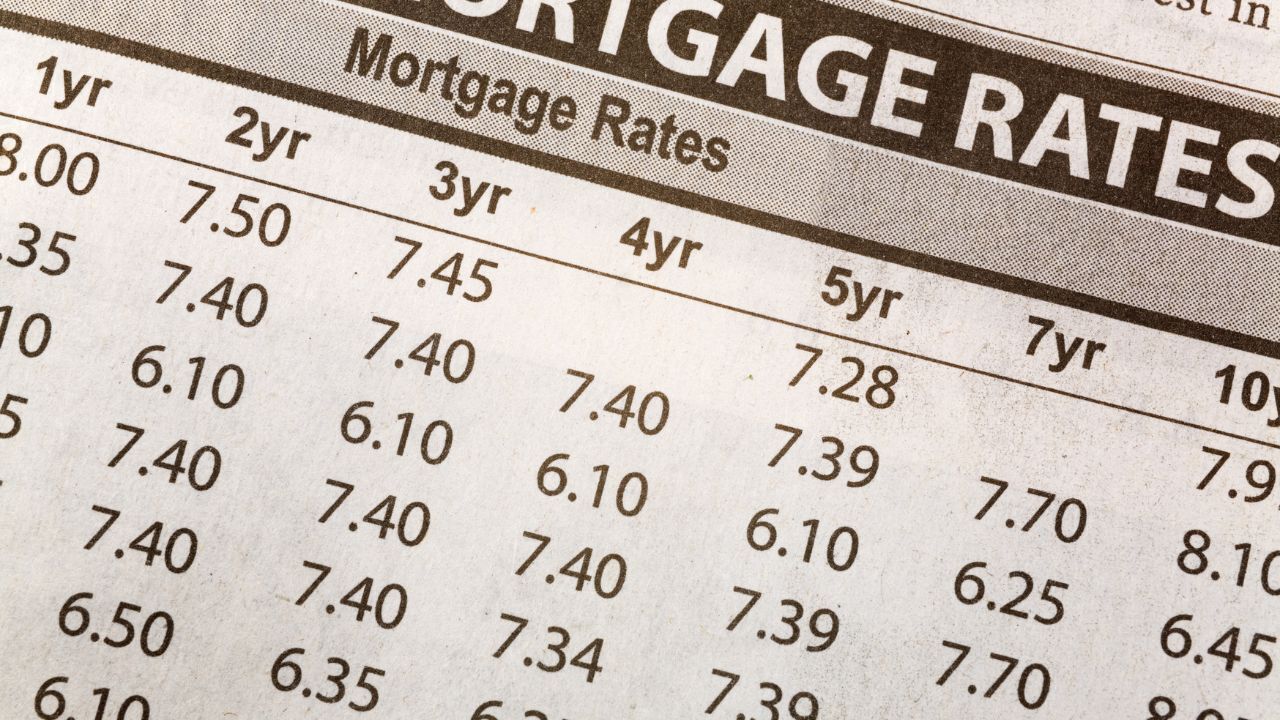Why Credit Monitoring Matters During the Mortgage Process
 Buying a home is one of the most significant financial decisions you will make. While it is exciting to pick out your dream home, the mortgage process can be complex and stressful. One critical factor that can make or break your journey is your credit. Credit monitoring gives you the insight and control you need to stay on track.
Buying a home is one of the most significant financial decisions you will make. While it is exciting to pick out your dream home, the mortgage process can be complex and stressful. One critical factor that can make or break your journey is your credit. Credit monitoring gives you the insight and control you need to stay on track.
Know Your Credit
Credit monitoring keeps you updated on changes to your credit report and score. Lenders rely heavily on your credit profile to determine eligibility, interest rates, and loan terms. Even small changes, such as a new debt or late payment, can affect your mortgage. Monitoring helps you catch issues early and take action before they impact approval.
Protect Against Fraud
Mortgage applications require sharing sensitive financial information, which can make you vulnerable to fraud or identity theft. Credit monitoring alerts you to unusual activity, giving you the chance to respond immediately and avoid delays in your mortgage approval.
Boost Your Score
Monitoring your credit also helps you understand your financial habits. High balances or missed payments can lower your score, but tracking them early gives you time to make improvements. This can unlock better loan options and lower interest rates.
Avoid Surprises
First-time homebuyers often face unexpected issues, such as outdated information or errors on a credit report. Monitoring allows you to review your credit proactively, correct mistakes, and ensure your profile reflects your true financial responsibility.
Stay Prepared
Credit monitoring is about empowerment. Knowing your credit status and addressing potential issues early lets you approach the mortgage process with confidence. A healthy, monitored credit report can help you secure better terms and get one step closer to your dream home.


 The rise of cryptocurrency and digital assets has transformed the way many people invest and build wealth. As more buyers hold Bitcoin, Ethereum, and other digital currencies, the question of how these assets impact mortgage approval has become more common. While lenders are beginning to recognize cryptocurrency, it is still a developing area that requires careful planning.
The rise of cryptocurrency and digital assets has transformed the way many people invest and build wealth. As more buyers hold Bitcoin, Ethereum, and other digital currencies, the question of how these assets impact mortgage approval has become more common. While lenders are beginning to recognize cryptocurrency, it is still a developing area that requires careful planning.